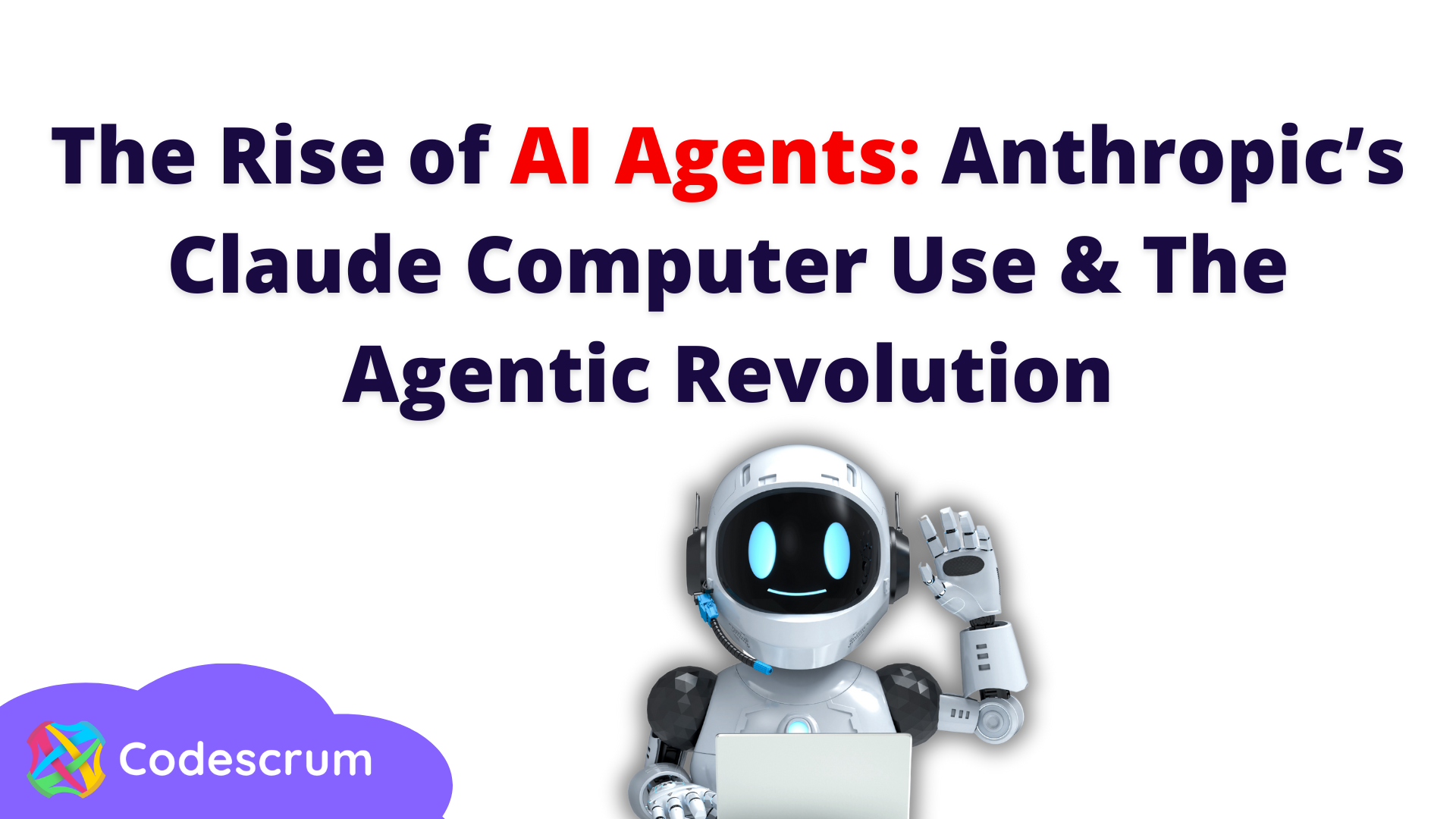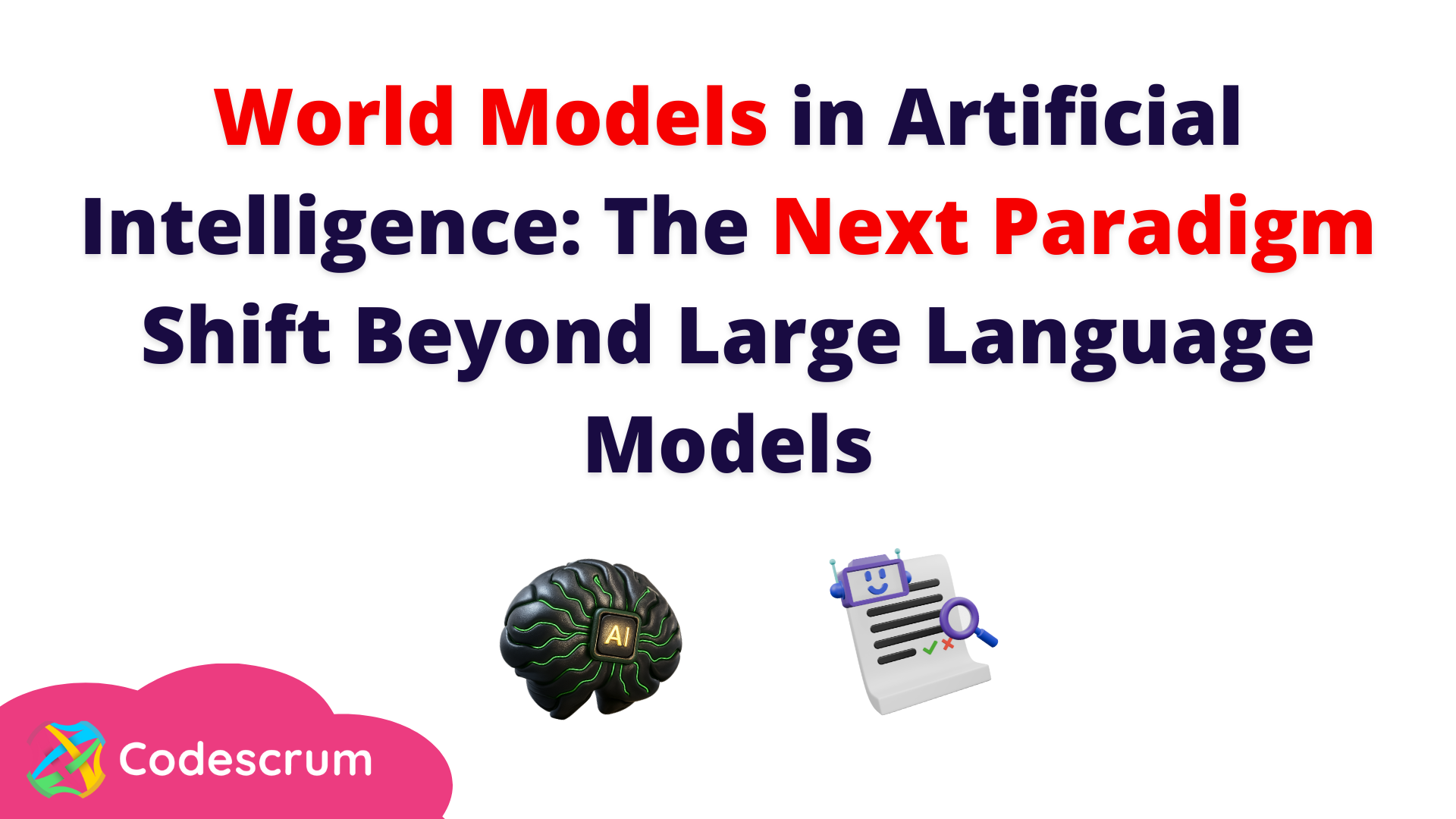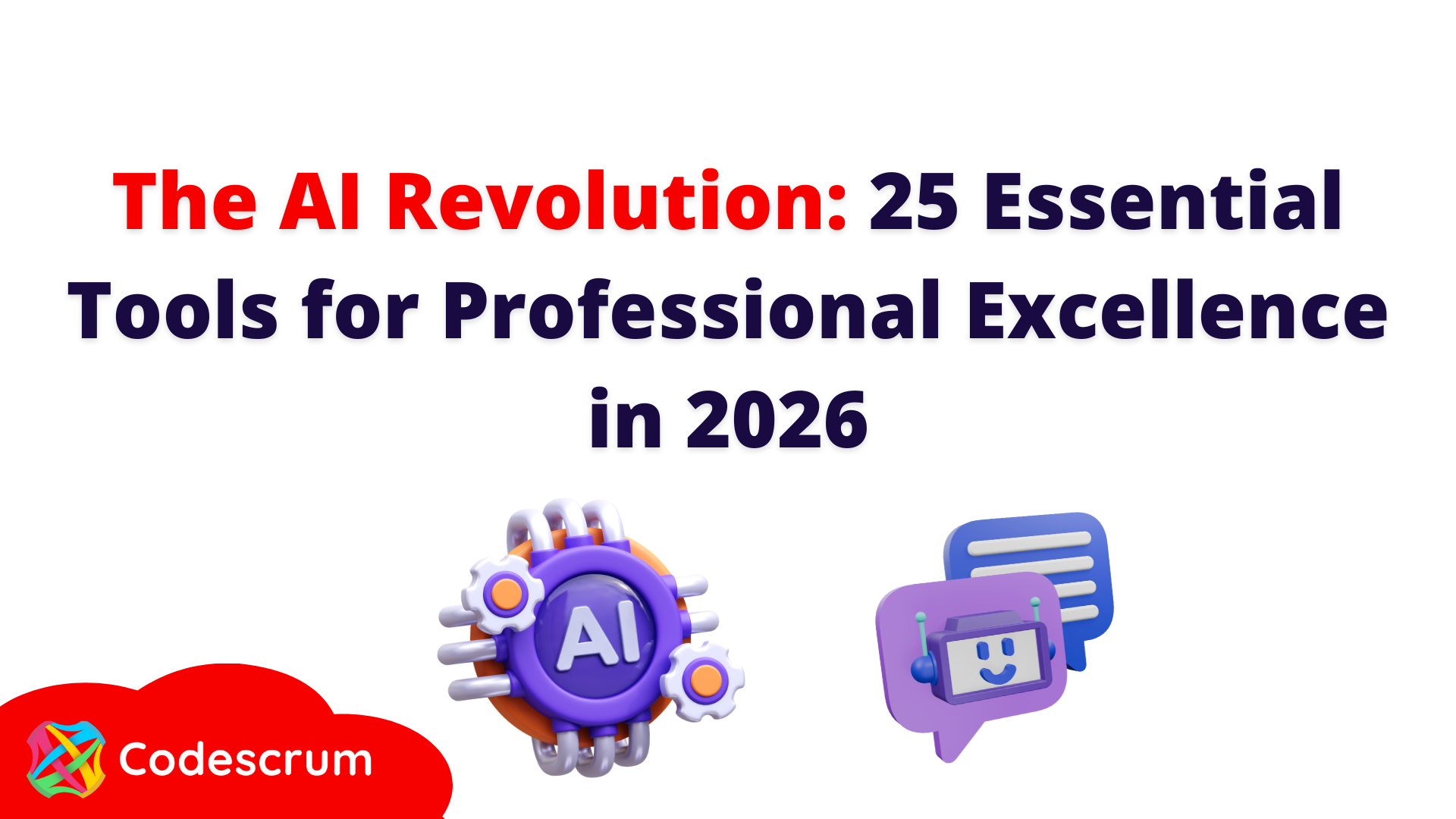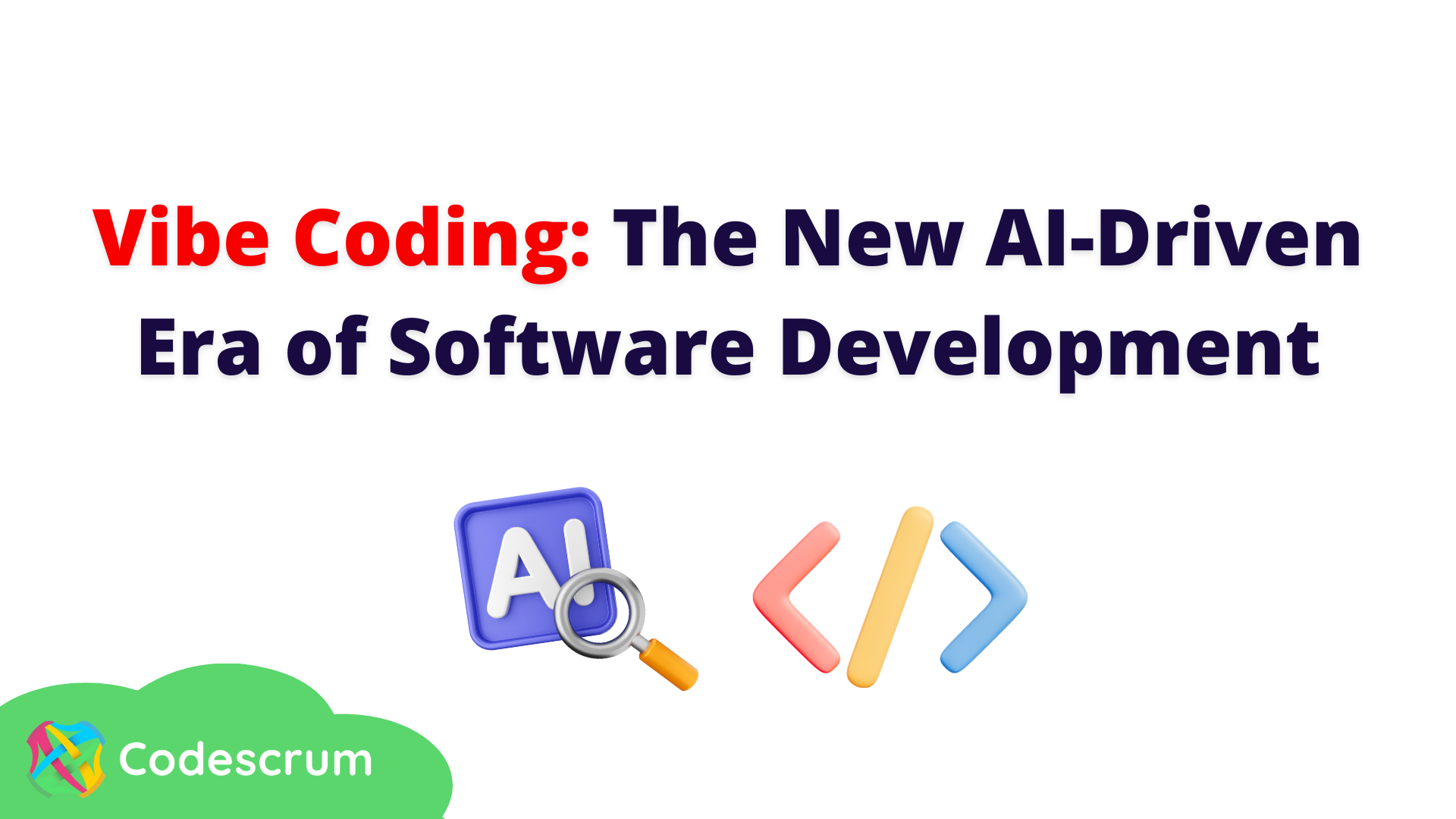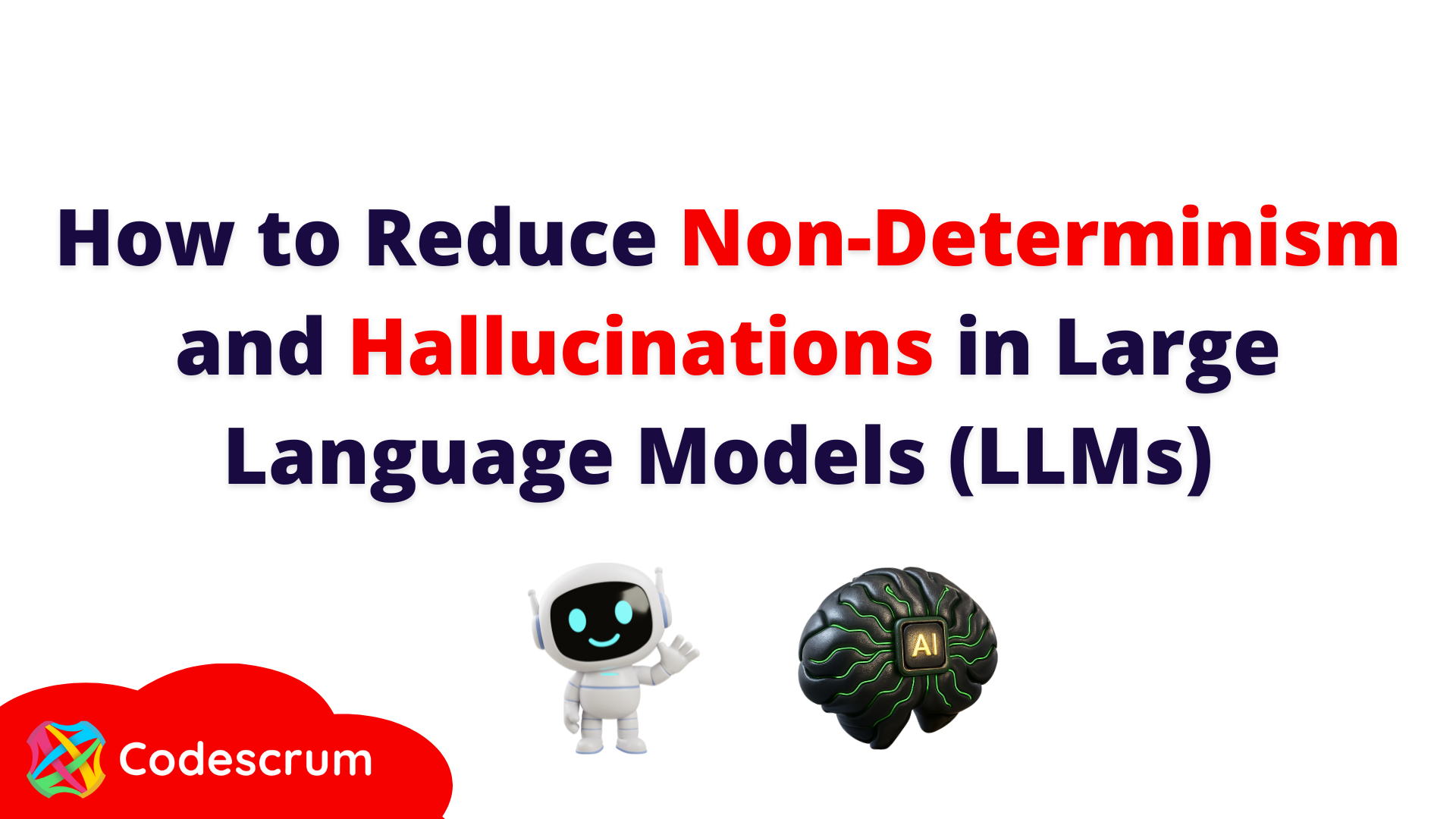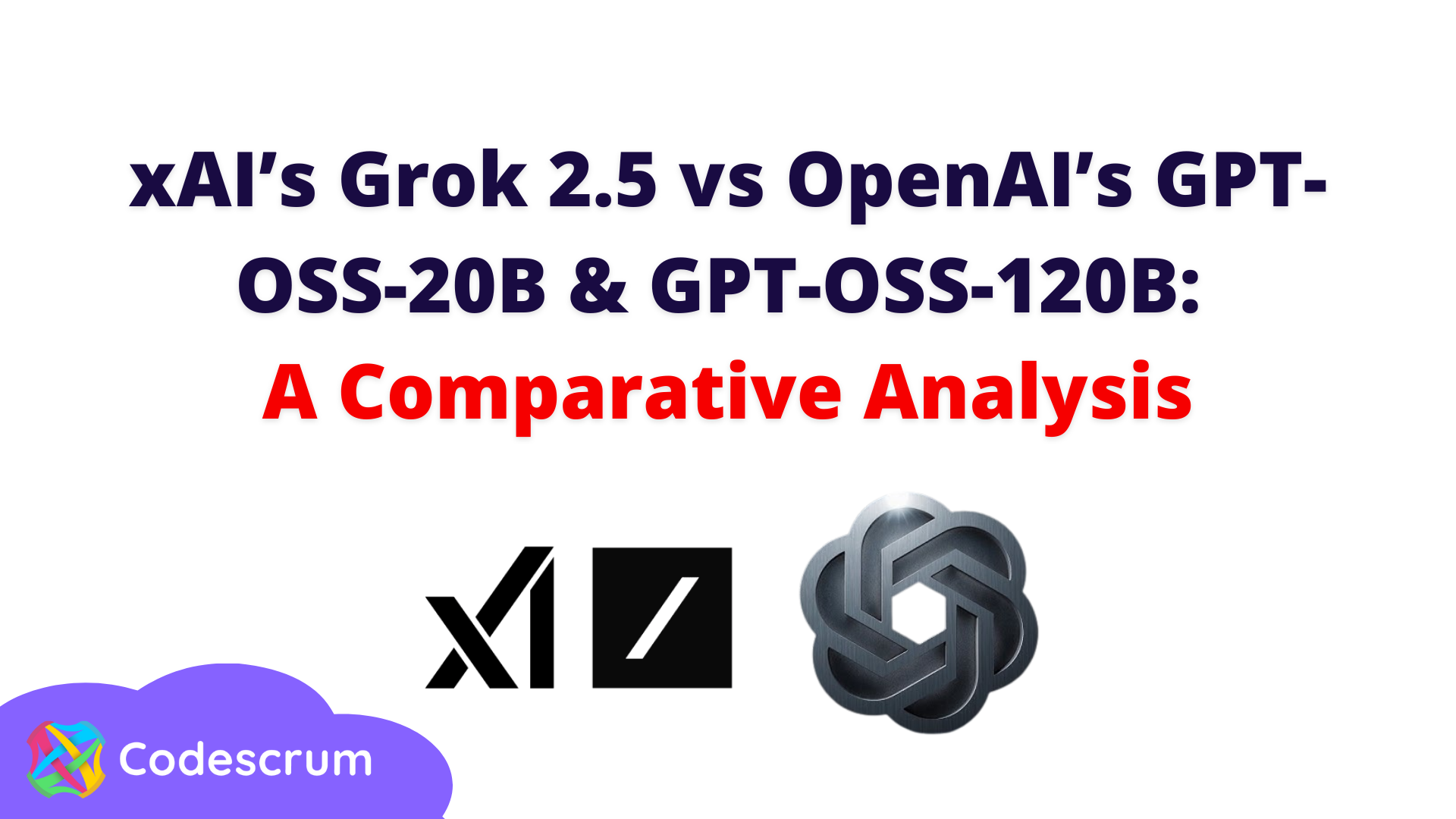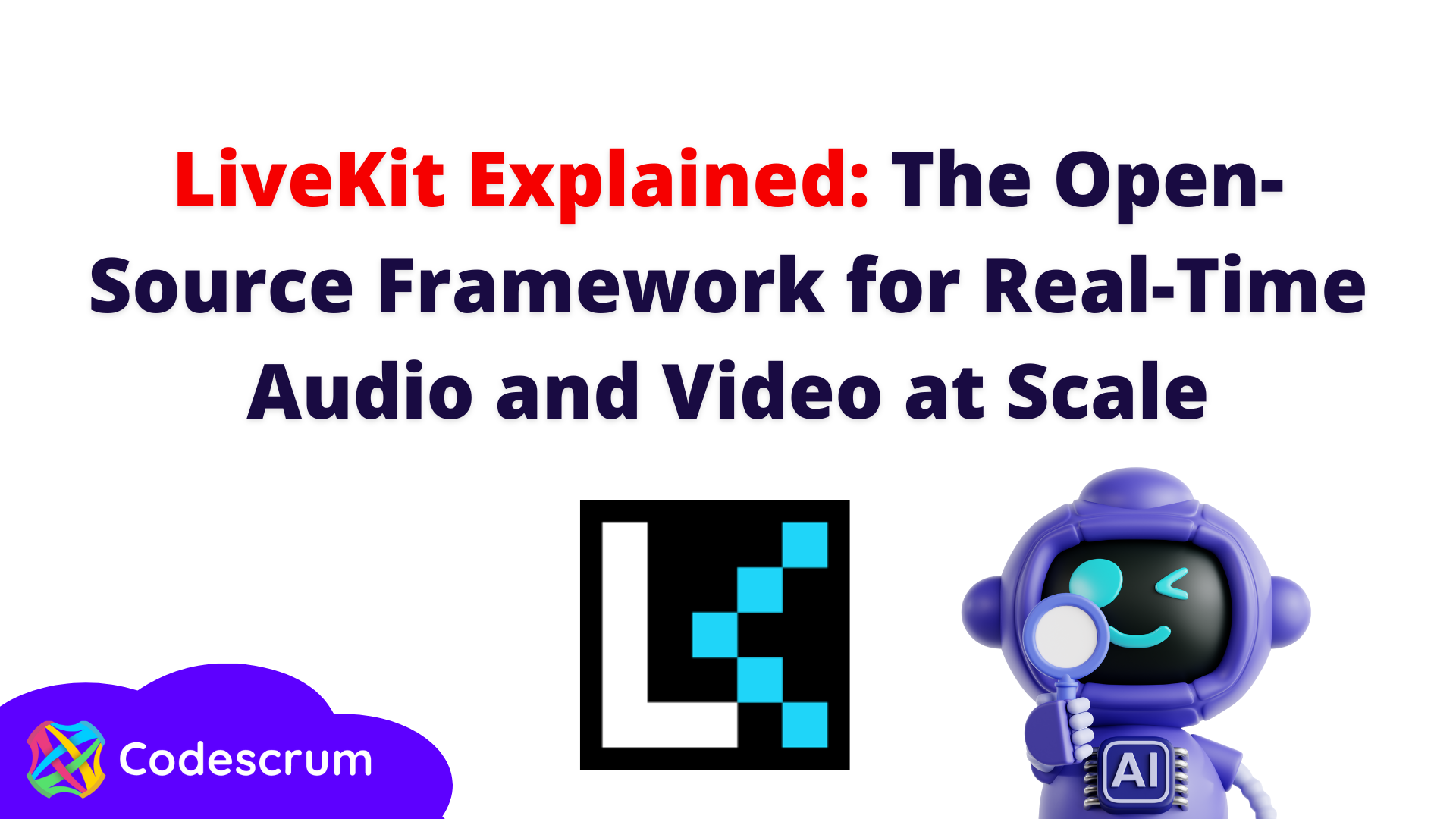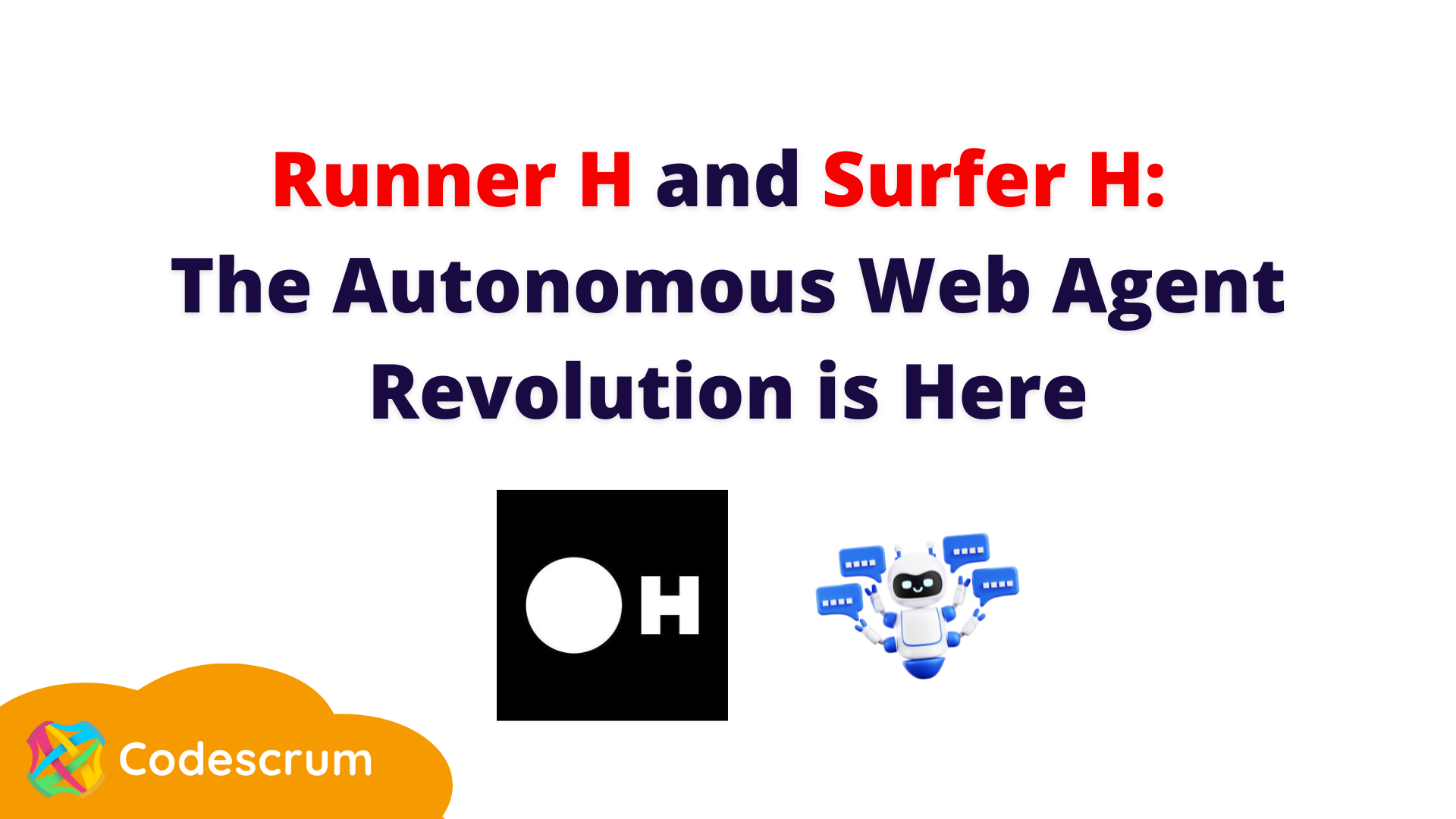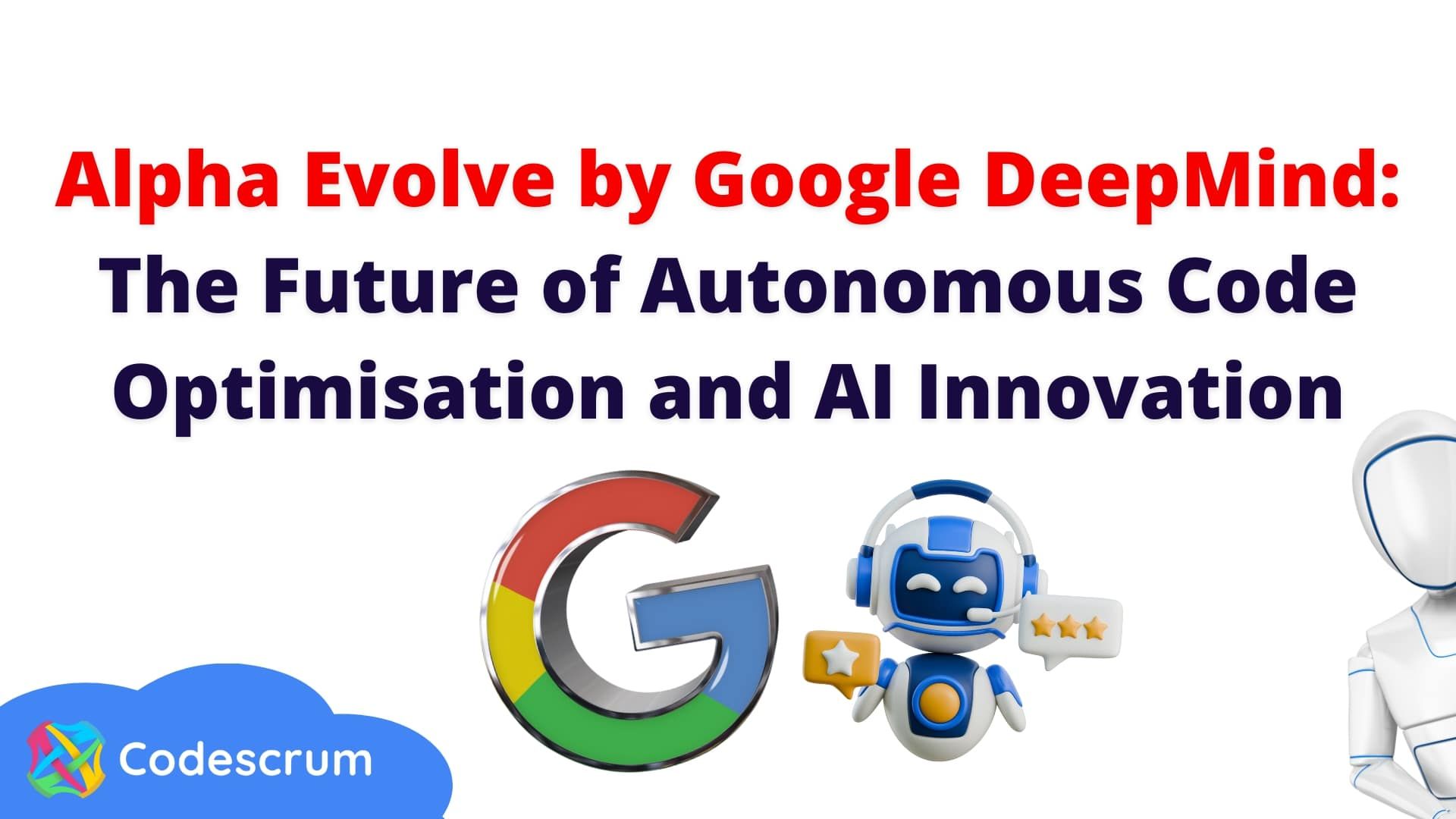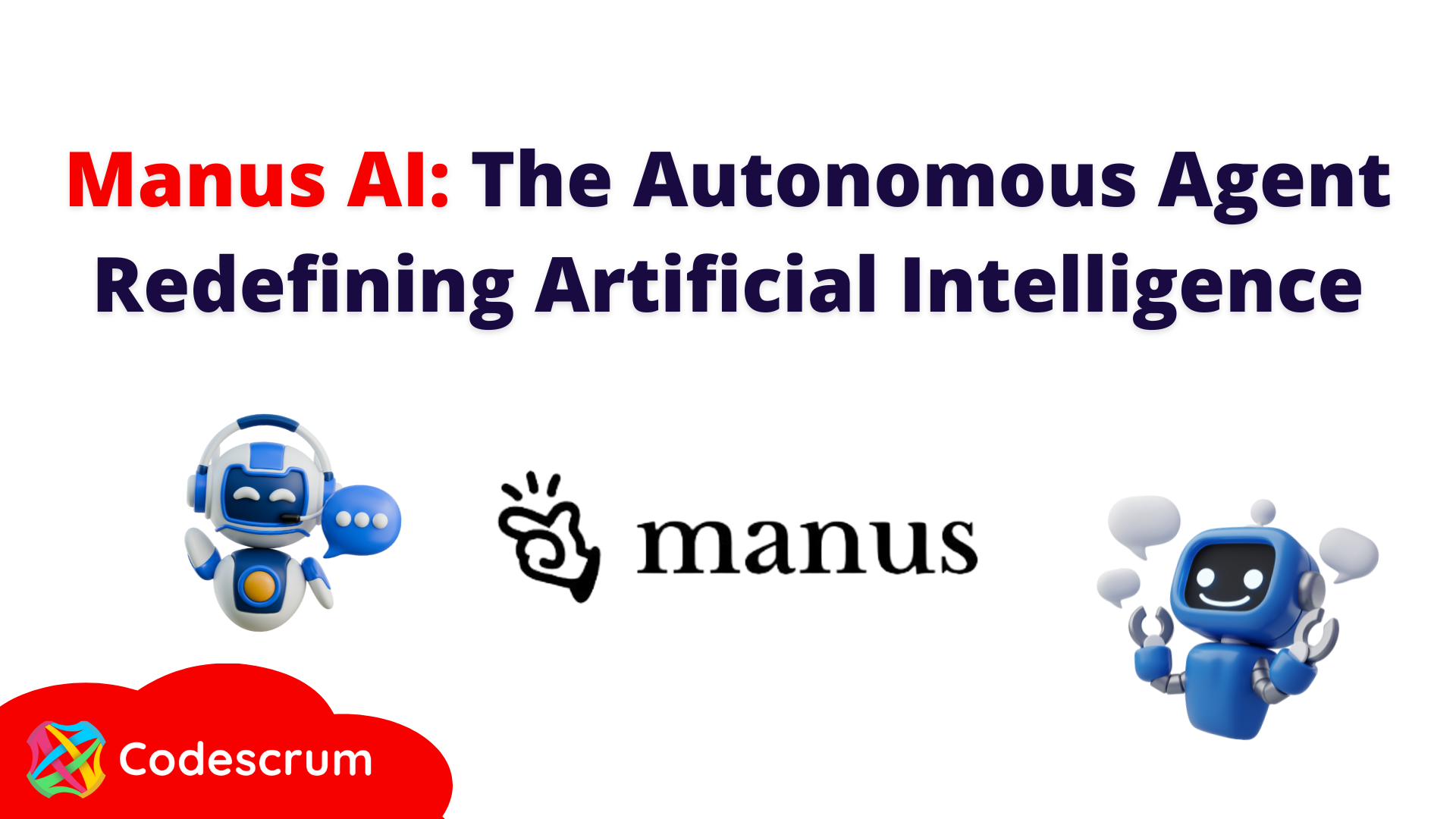Google's Agent Space: A New Era in AI-Driven Collaboration
In the ever-evolving landscape of artificial intelligence, Google has recently introduced Agent Space. This revolutionary platform is set to redefine how businesses and developers create and deploy AI agents. By introducing the Agent-to-Agent (A2A) protocol, Google is making it easier for AI agents to communicate seamlessly across different platforms, marking a transformative shift in how tasks are performed and automated.
But what exactly does Agent Space bring to the table? How will this new technology impact industries, businesses, and everyday users? Let’s dive into this groundbreaking platform and explore its potential for reshaping the AI landscape.
What is Agent Space?
Google's Agent Space is a platform designed to streamline the process of creating and deploying AI agents that can perform various tasks, ranging from handling customer service inquiries to conducting complex data analysis. These AI agents can work independently or, more interestingly, collaborate through the A2A protocol. The ability for agents to communicate and share information across different platforms marks a huge step forward in terms of interoperability, providing businesses with unprecedented flexibility and efficiency.
A key feature of Agent Space is its user-friendly interface, which allows individuals and companies to create custom AI agents without needing any coding expertise. Users can select from a gallery of pre-built agents or develop their own, using simple conversational inputs to define the tasks they want the agent to perform. This ease of use democratises AI development, allowing companies of all sizes to leverage AI without investing heavily in specialised technical resources.
The A2A Protocol: A Game Changer in Collaboration
At the core of Agent Space's capabilities is the Agent-to-Agent (A2A) protocol, which enables AI agents developed by different providers to communicate securely and efficiently. This protocol ensures that agents can share data, exchange commands, and collaborate on tasks without compatibility issues, all while maintaining strict security and access controls.
The A2A protocol is designed to unlock new productivity levels, particularly for businesses that rely on multiple tools and services. For example, a marketing agent could seamlessly work with a finance agent to create a comprehensive report, pulling data from internal systems and external sources. The ability for agents to communicate across platforms, combined with real-time data access, significantly enhances workflow efficiency, eliminating the need for manual data entry or switching between different tools.
How Does Agent Space Improve Business Productivity?
One of the most exciting benefits of Google’s Agent Space is its ability to boost business productivity. AI agents can automate repetitive tasks, such as scheduling meetings, updating customer records, or generating reports, allowing employees to focus on more strategic activities. The ability for agents to pull real-time data from various internal and external sources means that they can make informed decisions and recommendations without constant oversight.
For instance, imagine a scenario where an AI agent monitors a client’s investment portfolio. The agent can access real-time market data, analyse risk factors, and send recommendations to the portfolio manager without human intervention. This kind of automation saves time and ensures that tasks are completed with greater accuracy and efficiency.
Moreover, the interoperability offered by the A2A protocol opens up new possibilities for collaboration. Companies can integrate their AI agents into their existing systems, enabling them to work together in a way that was previously impossible. Whether customer service agents collaborate with sales agents to resolve inquiries or supply chain agents work with financial systems to forecast demand, the potential for increased productivity is limitless.
The Developer Ecosystem: Empowering Innovation
Another significant aspect of Agent Space is its Developer Ecosystem. Google has introduced the Agent Development Kit (ADK), which empowers developers to create and monetise their own AI agents within the platform. This opens up new opportunities for businesses to build niche, custom agents that cater to specific needs within their industry. They also provide developers with a way to earn revenue by offering their agents to other companies.
The ADK is designed to be accessible to developers of all skill levels, with comprehensive documentation and support to guide them through the development process. Whether you're building a simple automation tool or a complex agent capable of handling multiple tasks across different sectors, the ADK provides the resources you need to get started.
This developer-first approach ensures that Agent Space will continue to evolve and expand as more innovative agents are created, further enhancing the platform’s capabilities. Over time, we may even see the emergence of a marketplace where businesses can source agents based on their needs, similar to how apps are distributed through app stores today.
Security and Privacy: A Priority in Agent Space
As with any platform that handles sensitive data, security is a top priority in Agent Space. The platform incorporates enterprise-grade authentication and user-level access controls, ensuring that data privacy and security are never compromised. With companies increasingly relying on AI to manage sensitive information, robust security measures are essential.
The ability to restrict access to specific data or tasks based on user roles allows businesses to maintain tight control over their operations. Whether dealing with customer data, financial records, or confidential communications, Agent Space ensures that only authorised users and agents have access to specific information.
The Future of AI and Search: Moving Beyond Traditional Methods
Agent Space also has the potential to transform the way we interact with information on the internet. Traditionally, users have relied on search engines to find information, but Google’s Agent Space offers an alternative approach: AI agents acting on users' behalf. Rather than manually searching for answers, users can interact with AI agents, who will pull relevant information from various sources, make decisions, and complete tasks on their behalf.
This shift from search engines to agent-based interactions could fundamentally change how we search for and interact with information. The growing role of AI in our daily lives means that soon, users may not need to visit websites or manually browse through search results to find what they’re looking for. Instead, AI agents will streamline the process, providing users with exactly what they need in real time.
Scaling AI Across Industries: The Enterprise Advantage
One of the most compelling aspects of Google’s Agent Space is its adaptability across industries of all sizes and complexities. Enterprises can leverage agents to automate everything from supply chain optimisation to regulatory reporting. For instance, in the logistics sector, agents can track shipments in real time, update dashboards dynamically, and communicate with customs agents—all without human intervention.
In education, custom-built agents could serve as intelligent tutors, providing personalised feedback, scheduling lessons, and adapting learning paths to individual student needs. For legal firms, agents might review contracts for compliance risks, flag outdated clauses, and prepare summary reports, significantly reducing overhead and turnaround time.
This cross-sector flexibility is what makes Agent Space such a transformative platform. It’s not just a tool for tech-savvy startups—it’s an infrastructure layer that can scale with the ambitions of any organisation, whether a multinational enterprise or a growing non-profit.
Conclusion: Building the AI Ecosystem of Tomorrow
Google’s Agent Space represents more than a step forward—it marks a strategic leap into the era of intelligent collaboration. Blending secure interoperability with intuitive design and developer flexibility creates fertile ground for innovation and growth. Whether you’re a business leader seeking productivity gains, a developer aiming to monetise niche capabilities, or an end-user curious about automation, Agent Space opens the door to a brighter, more connected future.
As adoption grows and more agents populate the ecosystem, we may see a profound shift—not just in how we work but in how we think about digital interaction itself. This is the beginning of a human–agent partnership model that puts users at the centre of the AI revolution.
